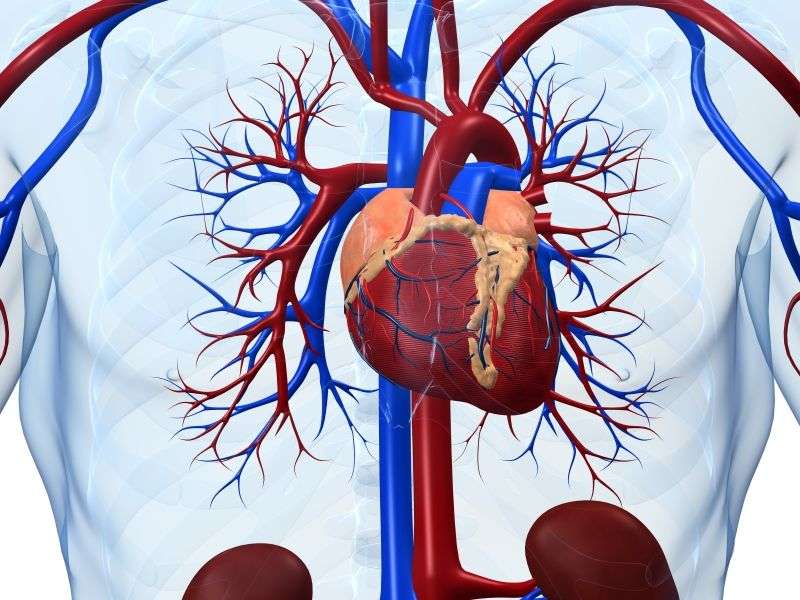(HealthDay)—Left ventricular assist devices (LVADs) improve quality of life in ambulatory patients with advanced heart failure, but increase lifetime costs, according to a study published online Jan. 11 in JACC: Heart Failure.
Jacqueline Baras Shreibati, M.D., from the Stanford University School of Medicine in California, and colleagues examined the cost-effectiveness of LVADs in ambulatory patients with advanced heart failure. The costs of care were determined among Medicare beneficiaries before and after LVAD implant in 2009 to 2010. These costs and efficacy data from the literature were used in a Markov model to project the incremental cost-effectiveness ratio (ICER) of destination LVAD therapy versus medical management.
The researchers found that LVAD implant had a mean cost of $175,420. The mean cost of readmission was significantly lower before versus after LVAD ($12,377 versus $19,465; P < 0.001), while similar monthly outpatient costs were seen ($3,364 versus $2,974; P = 0.54). Compared with medical management, LVAD increased quality-adjusted life-years (4.41 versus 2.67), readmissions (13.03 versus 6.35), and costs ($726,200 versus $361,800) in the lifetime simulation model, yielding an ICER of $209,400 per quality-adjusted life-year gained and $507,400 per life-year gained. These results were sensitive to LVAD readmission rates and costs of outpatient care; if these parameters were 50 percent lower the ICER would be $86,900.
"LVADs may provide good value if outpatient costs and adverse events can be reduced," the authors write.
Several authors disclosed financial ties to the medical device industry.
More information: Full Text (subscription or payment may be required)
Copyright © 2017 HealthDay. All rights reserved.























